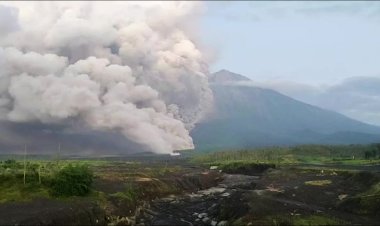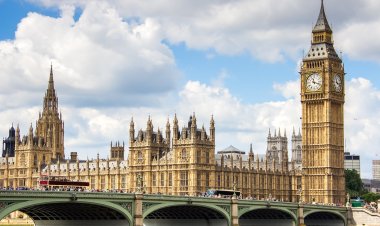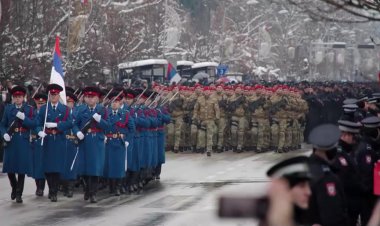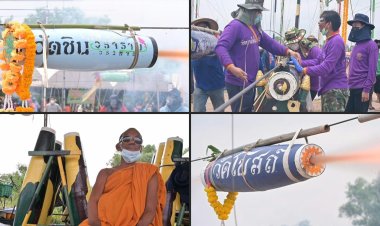Viking festival lights up Lerwick streets
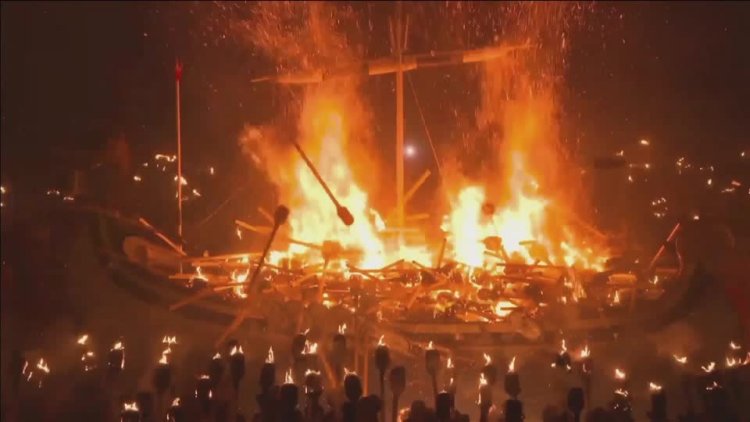
The streets of a tiny Scottish town have once again been filled with fire and smoke as hundreds take part in a historic Viking festival.
Up Helly Aa in Lerwick on the Shetland Islands, is held in January every year and celebrates the area's Norse heritage.
Participants don Viking-style clothing and carry around 1,000 lit torches through the town.
The event today marks only the second time that women and girls have been allowed to join the main squad at the head of the procession.
Each year two torchlight processions take place - one in the morning and a second in the evening.
The Viking celebrations are filled with fiery symbolism, camaraderie, storytelling and community feasts on the UK's most northerly islands.
Thousands of visitors travel each year to Shetland to watch the event, which culminates with the dramatic burning of a replica Viking longship.
Last year, women and girls made history by joining the procession's main Jarl squad for the first time.
It followed a long-running campaign, which had been ongoing since the 1980s, to relax the strict gender rules around Up Helly Aa.
The organisation is run by a voluntary committee of 17 members, each selected by the guizers - or costumed participants - with one new member elected each year.
In 1949, the festival became a highly organised event for the first time, after years of ad-hoc celebrations.
However, the earliest known written record of the Up Helly Aa dates from as far back as 1824.
It began today with the chief jarl leading his squad through Lewick, dragging the replica ship and singing Up Helly Aa and galley songs.
Around another 45 squads then joined in the celebrations with the total number of participants usually reaching around 1,000.
It is believed the ritual echoes the cremation ceremonies of great Norse leaders.
The Up Helly Aa festival is held to celebrate the Norse period on the Shetland Islands which lasts for around 600 years.
The Vikings first landed on the UK's most northerly isles between 800 and 850 AD and formed part of the Kingdom of Norway until the 15th century.




